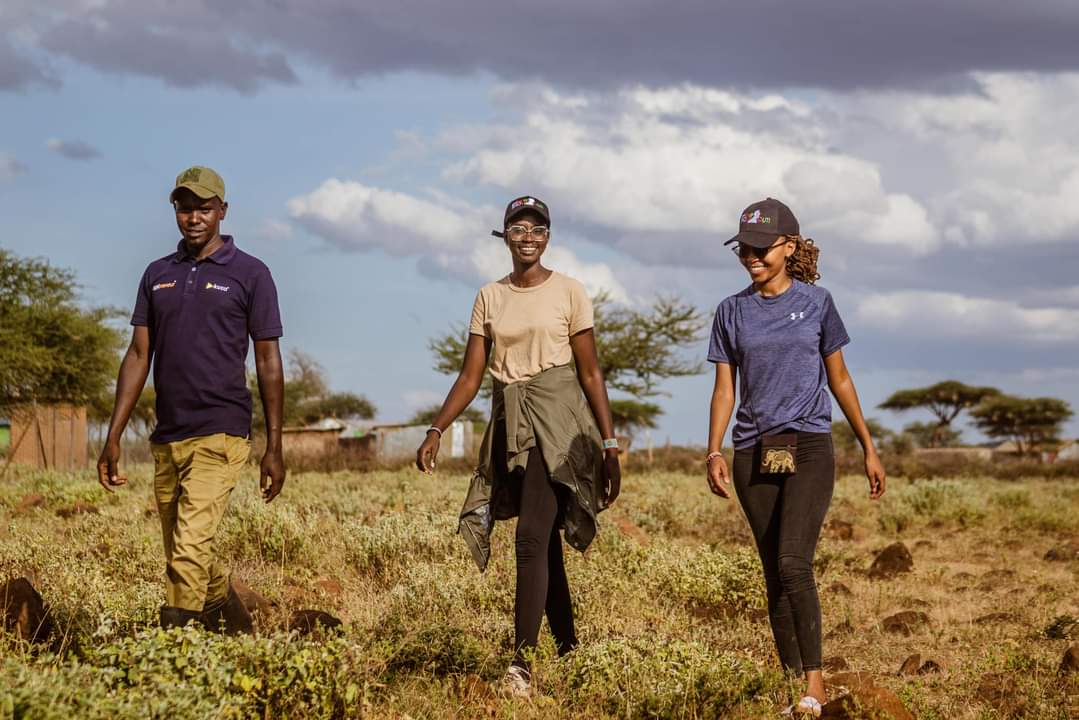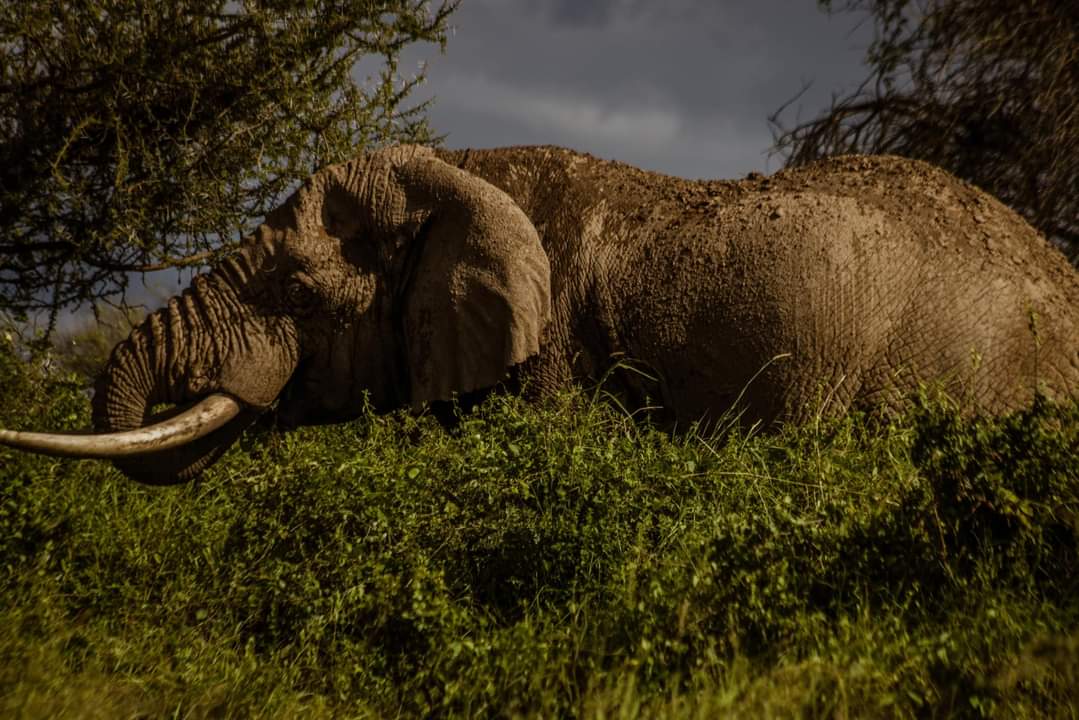THE KENYA WILDLIFE MANAGEMENT
&
CONSERVATION (AMENDMENT) BILL




The Kenya Wildlife Conservation and Management (Amendment) Bill 2024 introduces contentious provisions regarding the protection, preservation and management of national parks. This bill, through its Section 32 provisions, empowers the Cabinet Secretary to designate un-alienated public land or government acquired land as national parks, following consultations with key stakeholders and public input. While the revision underscores the government’s commitment to expanding protected areas for wildlife conservation by allowing for the declaration of new national parks, it sparks controversy in its collaborative approach by mandating joint management and administration of parks by the National Government and county governments
Critics argue that such arrangements could lead to inefficiencies and conflicts, potentially undermining the protection and conservation of wildlife. Despite intentions to enhance local involvement and resource allocation, concerns remain about the practicality and effectiveness of this collaborative model. The Bill also provides for an intergovernmental agreement between the National Government and relevant county governments, to facilitate effective park management and address pertinent issues. Additionally, the bill’s amendments to Sections 76 and 119 emphasise the formulation of guidelines for incentives and benefit sharing, as well as the continuity of existing agreements related to national park management. While these amendments aim for a comprehensive approach to wildlife conservation, emphasising sustainable practices and partnerships for the protection of Kenya’s natural heritage, it raises questions about the continuity of management agreements and the distribution of benefits, further fueling debate over the future of wildlife conservation in Kenya.
Youth should actively participate & engage with the Kenya Wildlife Conservation and Management (Amendment) Bill 2024 because their involvement ensures the preservation of natural habitats and biodiversity for future generations. By being part of the policy-making process, young people can bring fresh perspectives, innovative ideas, and a long-term outlook that is crucial for sustainable wildlife conservation. Additionally, their active participation fosters a sense of ownership and responsibility toward protecting Kenya’s rich natural heritage, empowering them to become stewards of the environment and advocates for wildlife conservation efforts within their communities
